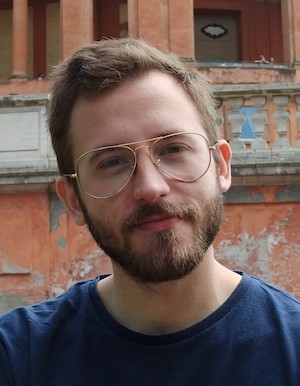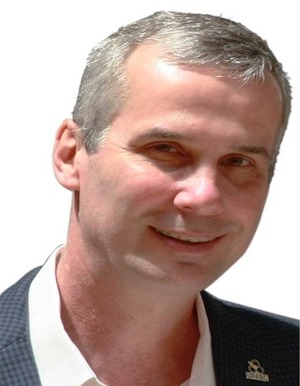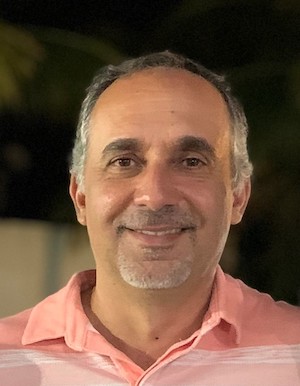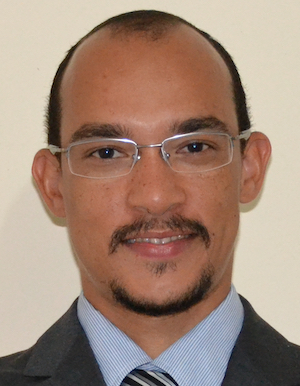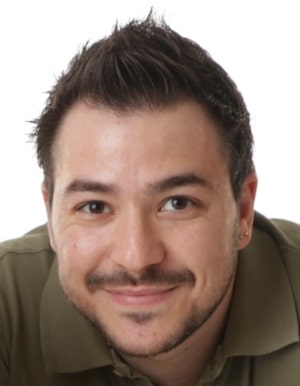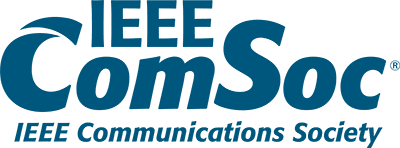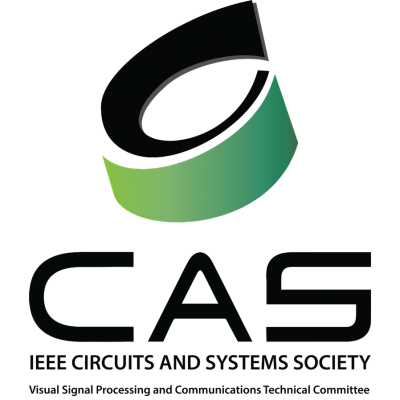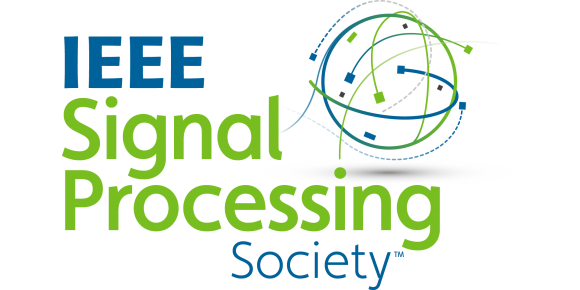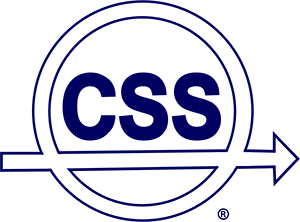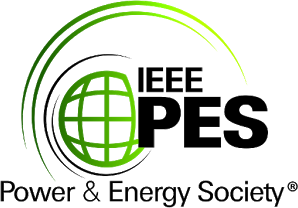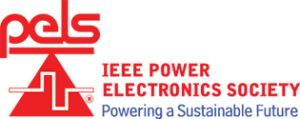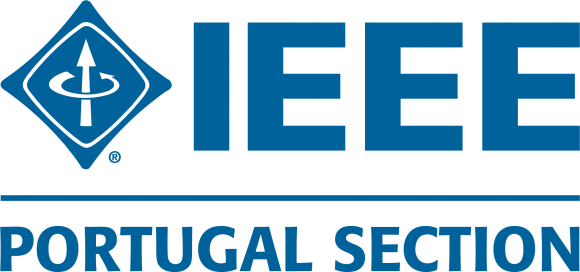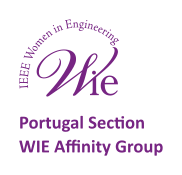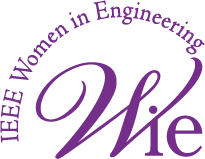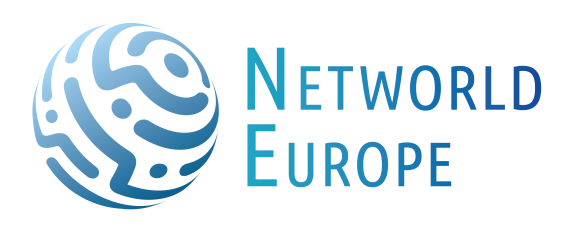2nd International Workshop on the Internet of Time-Critical Things (IoTime 2023)
Track ID: Work-05
Description
This workshop aims to bring together practitioners and researchers from academia and industry to have meaningful discussions and technical presentations on applications, architectures, and solutions for IoT-based systems where time plays a crucial role, such as time-crucial computing, communications, and Time-Sensitive Networking (TSN) for IoT-based systems. Time is an essential constraint for most of the components of an IoT system (sensors, actuators, and applications). Precise time and timeliness in task execution are fundamental requirements for emerging IoT applications and new experiences. Industry 4.0, mobile and collaborative robots, autonomous systems, and immersive and interactive human-cyber experiences are only a few examples of IoT-based domains where precise time, computing, and communication with bounded latencies are strictly required. Furthermore, these applications might be time-critical and safety-critical as they often involve interactions between humans and machines. Such stringent time and safety requirements bring new practical challenges and opportunities to revolutionize computing and communication infrastructure's traditional design, deployment, and management. New concepts in software-defined systems and networks, cloud/edge computing, Time-Sensitive Networking (TSN), WiFi 6/7, 5G, 6G, dynamic, AI-driven resource orchestration, and Edge AI are emerging as potential building blocks to enable the transformation of computing and communications infrastructure to enable emerging time-critical applications.
Novelty
Due to the timeliness of the topics, we expect the workshop to be a possible ground for cross-fertilization between academia, industry, and standardization groups and to provide an original contribution to the state of the art of research. The workshop is also a perfect arena for young PhDs and researchers who will receive provocative ideas, visions, and guidelines on new potential research directions on methodologies, techniques, algorithms, and multidisciplinary aspects.
The Time-Sensitive Networking research community has been active and growing in recent years, as reflected by the increasing number of published papers within IEEE conferences and journals worldwide on Time-Sensitive Networking topics. To give an idea, on the IEEE Xplore database, we counted 435 TSN-related papers (i.e., containing the keyword Time-Sensitive Networking in the metadata) published in the last year, 335 published in 2021, 223 in 2020, 175 in 2019, hence continuous increase on the number of papers published. The topics addressed in the workshop encompass many fields, such as wireless communication, time-sensitive networking, the Internet of Things, robots, resource orchestration, and digital twins. Hence, the workshop addresses the whole IoT vertical - from sensors to applications.
Finally, the workshop proposal provides a more focused and specialized domain for submitting papers concerning the existing conferences dedicated to IoT systems. It covers topics not fully addressed by the leading conference.
Content
Original, unpublished contributions are solicited in time-critical applications for the Internet of Things. Time is a crucial and sensitive matter in most IoT-based systems and applications. Smart factories, mobile and collaborative robots, autonomous systems, and virtual/mixed reality are examples of the next wave of applications that rely on accurate time and bounded (low) latency computing and communications. The IoTime Workshop looks for cutting-edge approaches in the whole IoT vertical - from sensors to applications - in which time plays a significant factor. Possible topics include, but are not limited to:
- Real test-beds, proofs-of-concept, pilot site descriptions, and industry experience where time plays a crucial role.
- Time-sensitive networking (TSN), Wireless TSN, ultra-low latency, high-reliability communications
- Digital Twins to support time-critical networking in Industrial IoT
- Time-Critical IoT Applications
- Machine learning solutions and approaches for time-critical IoT-based systems
- Orchestration and Placement of computing and networking resources in the IoT Computer Continuum (Edge/Clod)
- Edge AI solutions, models, and applications for IoT applications to optimize or enable applications in which time plays a crucial role
- Performance Evaluation of time-critical IoT systems
- Reference Architectures for Time-Critical Things
- Management and Monitoring for Time-Critical Applications in IoT
- Efficient computing approaches for time-critical systems to decrease latency and computer resource usage
- Caching policies, strategies, and architectures at the network edge for time-critical IoT systems
Keynote: Digital Aspects in I4.0 - The Verticals Are Calling
Daniel Nunes Corujo, Universidade de Aveiro, Portugal
Keynote Description
In this keynote, Daniel Corujo will share past and current interactions with vertical partners under scope of digitalization endeavors in I4.0. Cases associated with transportation, energy and smart factory, will provide use cases (and first technological embraces) where time is of critical nature. Finally, the presenter will conclude with a vision where not only fast networks, but fast cloud-integrated approaches are also necessary, and require further research.
Speaker Biography
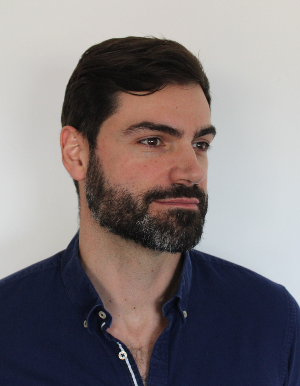 Daniel Corujo Ph.D.’13 (Universidade de Aveiro, Portugal) is an Associate Professor at the University of Aveiro (Portugal) and Researcher at the Telecommunications Institute (Aveiro). He has developed IEEE and IETF standards, has over 110 scientific publications and participated in over 30 research projects. He received a “2014 IEEE ComSoc Oustanding Young Researcher Award. He is IEEE ComSoc Vice-Chair for the Portugal Chapter. He is currently researching on SDN, NFV, Network Slicing and 5G/B5G mobility
Daniel Corujo Ph.D.’13 (Universidade de Aveiro, Portugal) is an Associate Professor at the University of Aveiro (Portugal) and Researcher at the Telecommunications Institute (Aveiro). He has developed IEEE and IETF standards, has over 110 scientific publications and participated in over 30 research projects. He received a “2014 IEEE ComSoc Oustanding Young Researcher Award. He is IEEE ComSoc Vice-Chair for the Portugal Chapter. He is currently researching on SDN, NFV, Network Slicing and 5G/B5G mobility
Tentative Program Committee Members
-
Rodrigo Tinini, FEI, Brazil
-
Ming Li, Dalian University of Technology, China
-
Marco Di Felice, University of Bologna, Italy
- Ramide Dantas, IFPE, Brazil
- Stenio Fernandes, Service Now, Canada
- Alexandre Heideker, UFABC, Brazil
- Swades De, IIT Delhi, India
- Rodrigo Filev Maia, Deakin University, Australia
- Juha-Pekka Soininen, VTT, Finland
- João Henrique Kleinschmidt, UFABC, Brazil
- Federico Montori, University of Bologna, Italy
- Andreas Kassler, Karlstad University, Sweden
- Carlo Vallati, University of Pisa, Italy
- Zhibo Pang, ABB Corporate Research and KTH, Sweden
- Valerio Frascolla, Intel Labs, Germany
Paper Submission Deadline
Important Dates:
- Deadline for Paper Submissions: July 30th, 2023
- Acceptance Notification: September 8th, 2023
- Deadline for Camera-Ready Paper Submissions: September 29th, 2023
- Deadline for Presentation Submissions: October 2nd, 2023
Papers should be six (6) pages in length and follow the instruction provided for the main Conference. The conference allows up to two additional pages for a maximum length of eight (8) pages with payment of extra page charges once the paper has been accepted.
Please submit your paper for this Workshop using the link to eWorks:
Call For Papers:
If you have any questions, please contact Dr. Ivan Zyrianoff: ivandimitry.ribeiro@unibo.it
Chairs
Ivan Zyrianoff: University of Bologna
Ivan Zyrianoff is a Ph.D. student from the University of Bologna and a member of the IoT-Prism lab. He holds a B.S. degree in Computer Science and an M.S. degree in Information Engineering from the Federal University of ABC, Brazil. He was involved in the SWAMP Project, an EU-Brazil collaborative research project that developed IoT-based methods and approaches for smart water management in precision irrigation. He also participated in the Arrowhead Tools project, that aims for the digitalization and automation solutions for the European industry. His current research topics encompass interoperability for the Internet of Things and Edge Computing.
Carlos Kamienski: Federal University of ABC
Carlos A. Kamienski is a Full Professor of Computer Science at the Federal University of ABC (UFABC, Brazil). For eight years, he led the NUVEM Strategic Research Unit comprising faculty members and students working in five broad research lines, namely smart societies, virtual sensations, connected mobility, extreme computing, and integrated universes. He was the Brazilian coordinator of SWAMP from 2017 to 2021 (swamp-project.org), an EU-Brazil collaborative research project that developed IoT-based methods and approaches for smart water management in precision irrigation. His current research interests include the Internet of Things, smart agriculture, smart cities, fog computing, network softwarization, and Future Internet.
Dave Cavalcanti: Intel Corporation
Dave Cavalcanti is Principal Engineer at Intel Corporation, where he develops next-generation wireless connectivity and distributed computing technologies to enable autonomous, time-sensitive systems and applications. He received his Ph.D. in computer science and engineering in 2006 from the University of Cincinnati. He leads Intel Lab's research on Wireless Time-Sensitive Networking (TSN) and industry activities to enable time-critical systems and applications of wireless technologies, including WiFi and beyond 5G systems. He is a Senior Member of the IEEE and serves as the chair of the Wireless TSN working group in the Avnu Alliance, an industry group facilitating an ecosystem of interoperable TSN devices and deterministic networking across Ethernet, WiFi, and 5G technologies. Dr. Cavalcanti served as the Chair of the IEEE Computer Society Technical Committee on Simulation from 2008 to 2014. He has contributed to IEEE 802.11 and 802.22 Working Groups.
Daniel Macedo Batista: University of Sao Paulo
Daniel Macedo Batista is an Associate Professor of Computer Science at the University of São Paulo (USP), the major institution of higher learning and research in Brazil. For four years, he coordinated the GT-EWS and the GT-BIS projects, two projects funded by the Brazilian Education and Research Network (RNP) aiming to early warning about cybersecurity threats based on information from social networks and IoT sensors. He also coordinated the IoT-SED project, a project funded by The São Paulo Research Foundation (FAPESP), aiming to create a safe, effective, and efficient environment for future applications. Currently, Prof. Daniel is the secretary of the Internet Technical Committee, a joint committee of ComSoc and the Internet Society (ISOC) that stimulates interdisciplinary technical exchange, application of state of the art communications and related technologies to the Internet infrastructure, and services. His main research interests are: Smart Cities, IoT Security, Beyond 5G, and Data Analytics applied to Computer Networks.
Antonio Virdis: University of Pisa
Antonio Virdis is a Senior Assistant Professor at the University of Pisa, where he obtained his MSc degree in Computer System Engineering in 2011 and his Ph.D. in Information Engineering in 2015. His research interests include Quality of Service, Edge Computing, network simulation, and performance evaluation. He coauthored more than 60 peer-reviewed papers and 8 patents in the above fields. He edited the book tile "Recent Advances in Network Simulation", published by Springer/EAI. He is and has been involved in research projects supported by private industries and funded by the E.U. community. He served as TPC chair for the International OMNeT++ Summit, for the IEEE SmartSys workshop, and for the first edition of the TwinNets workshop. He is one of the authors and maintainers of the SimuLTE and Simu5G opensource projects for the system-level simulation of 4G and 5G communication networks.
Lorenzo Gigli: University of Bologna
Lorenzo Gigli received his Master's Degree (summa cum Laude) in Computer Science in 2019 from the University of Bologna, Italy. He worked as a Research Fellow on the MAC4PRO project (INAIL) at the Department of Computer Science and Engineering (DISI), University of Bologna, Italy. He is enrolled in a Ph.D. program in Engineering and Information Technology. He is part of the IoT PRISM laboratory directed by Prof. Marco Di Felice. His field of study includes the Internet of Things, Blockchains, and Distributed Systems.



